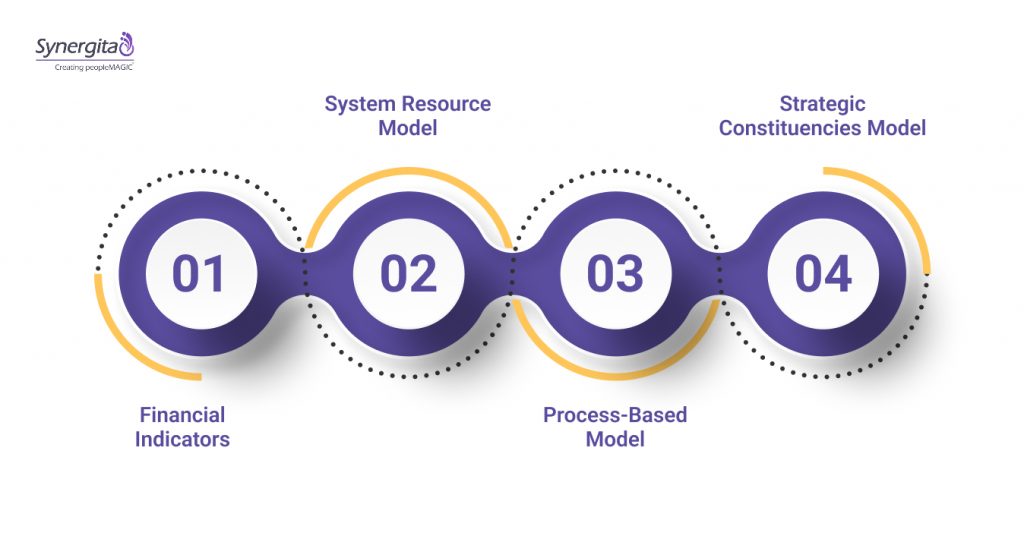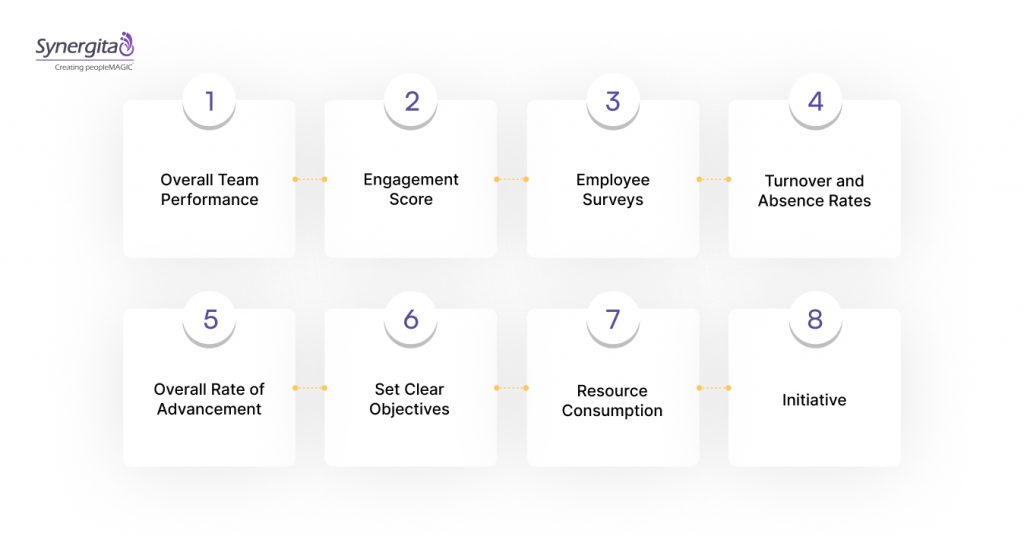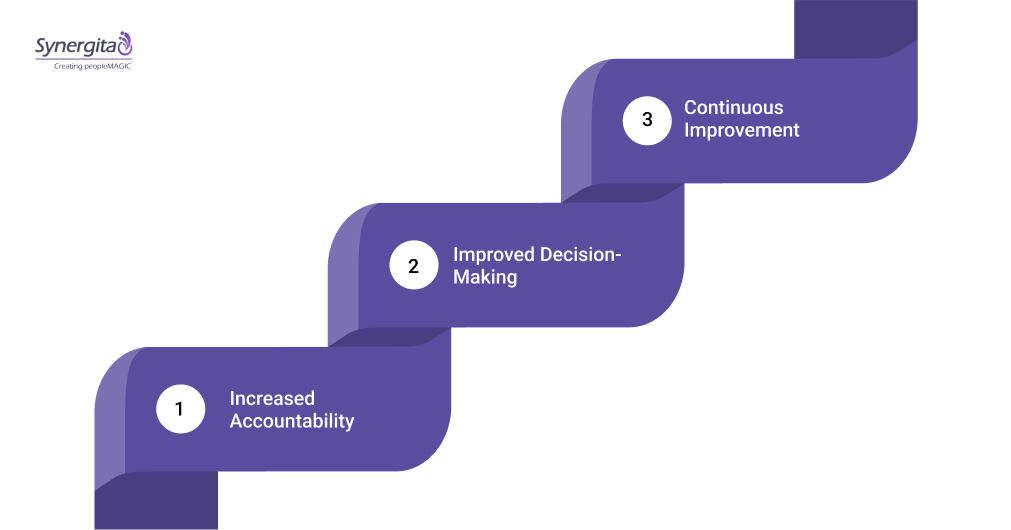Many organizations struggle to measure managerial performance accurately. Without clear, quantifiable metrics, it becomes difficult to understand how well managers are performing. A manager’s performance is not an individual business; if it is not going the right way, it can lead to missed opportunities, misalignment, and unproductive teams.
In this blog, we’ll explore effective managerial performance measurement techniques that help ensure managers are meeting their objectives and driving team success. By using the right metrics, organizations can improve leadership, boost team performance, and ensure alignment with broader company goals.
Key Takeaways
- Clear metrics for measuring managerial success can help align teams and drive results.
- Real-time tracking of performance allows managers to identify challenges and adjust strategies.
- Employee engagement surveys and turnover rates are key indicators of managerial impact on team culture.
- Effective performance frameworks can be developed using KPIs and OKRs, ensuring continuous improvement and accountability.
What is Managerial Performance Measurement?
Managerial performance measurement is the process of evaluating how well managers are meeting both team and organizational goals. It combines qualitative and quantitative data, allowing companies to assess leadership effectiveness.
For managers, it provides clarity on their strengths and areas for improvement, offering actionable insights to drive better outcomes. For senior executives, effective performance measurement ensures that managers are leading their teams with sufficient effort and company-wide goals.
Regular performance measurement also acts as a wake-up call for managers; it’s essential to identify the right metrics to understand how they are actually performing.
Common Managerial Performance Indicators (KPIs)
To ease the process of evaluating managerial performance, there are set standards that provide valuable insights into how well your managers are doing and highlight areas for improvement.

Here are KPIs that can help you track and measure a manager’s effectiveness.
1. Financial Indicators
Metrics like profitability, cost efficiency, and budget management help assess how well managers are handling financial resources. By monitoring these KPIs, your leadership team can ensure that managers are optimizing budgets and contributing to the organization’s financial health.
2. Customer Indicators
Customer satisfaction, retention rates, and acquisition costs measure how effectively managers are driving customer success. For businesses focused on growth, these indicators help track how well managers are aligning their team’s efforts with customer satisfaction and long-term business expansion.
3. Process Indicators
These KPIs assess the efficiency of operations and processes within the team. By tracking these metrics, managers can identify bottlenecks, streamline workflows, and ensure their teams are consistently delivering high-quality results in a timely manner.
4. Employee Indicators
Metrics like employee satisfaction, turnover rates, and team engagement reflect a manager’s impact on team morale and productivity. By using these indicators, you can measure how well managers are fostering a positive work environment and driving employee engagement, which directly influences team performance.
Also Read: 10 Essential Tips for Effective Employee Performance Reviews
Understanding the right KPIs is the first step, but measuring managerial performance effectively requires a more structured approach.
Practical Managerial Performance Measurement Techniques
Measuring managerial performance involves more than just tracking goals. To get an accurate understanding of how well a manager is leading, you need a comprehensive approach.

Here are the key techniques that will help you measure and assess managerial effectiveness.
1. Overall Team Performance
Measure how well the manager’s team performs against set goals and objectives. This reflects the manager’s ability to motivate, guide, and ensure the team delivers results. Consistently achieving these goals shows strong leadership and alignment with organizational targets.
2. Engagement Score
The engagement score gauges how actively the manager connects with their team. A higher score typically indicates better communication, collaboration, and leadership. Engaged teams are more productive, and their motivation often stems from strong leadership.
3. Employee Surveys
Regular surveys offer anonymous feedback on a manager’s leadership style, communication skills, and overall effectiveness. These surveys help pinpoint strengths and areas where improvement is needed, allowing managers to adjust their approach and better meet team needs.
4. Turnover and Absence Rates
High turnover or frequent absenteeism often indicates issues with the manager’s support or leadership. These metrics can reveal deeper problems, such as a lack of team morale or ineffective leadership, signaling the need for changes in management style or team dynamics.
5. Overall Rate of Advancement
Effective managers contribute to the growth and career advancement of their team members. If employees are consistently advancing, it indicates the manager is successfully supporting their development and creating opportunities for growth within the team.
6. Set Clear Objectives and Key Results (OKRs)
A manager who sets clear, measurable objectives and key results (OKRs) can ensure team alignment and drive performance. Regularly tracking OKRs ensures that both managers and teams are focused on the right priorities and moving toward common goals.
7. Resource Consumption
Managers are responsible for efficiently using the resources allocated to their team. This includes managing budgets, time, and manpower effectively. High resource consumption without corresponding results can indicate poor management or misaligned priorities.
8. Initiative
Managers who take initiative in problem-solving, improving processes, or driving change contribute significantly to the organization’s success. Tracking the impact of these initiatives demonstrates a manager’s proactivity in identifying opportunities for improvement and leading change within the team.
Once you’ve implemented these measurement techniques, it’s important to understand the value they bring to both the individual manager and the broader organization.
Benefits of Effective Managerial Performance Measurement
Effective managerial performance measurement provides clear insights into a manager’s leadership capabilities, helping organizations drive growth and improvement. Here are the major benefits it offers:

- Increased Accountability: Clear performance metrics help hold managers accountable for achieving results, fostering a culture of responsibility.
- Improved Decision-Making: With accurate data, senior leadership can make informed decisions on promotions, compensation, and managerial development.
- Continuous Improvement: Regular performance measurement helps managers and teams identify areas for improvement and implement necessary changes to drive better results.
Also Read: Why Competency-Based Performance Management Outperforms Traditional Reviews
Advanced performance management tools can help you take a clear look inside your manager’s actual work situation, achievements, and misses. Synergita’s Perform could be a helpful solution for building bonds between managers and resources through continuous feedback platforms.
Conclusion
Measuring managerial performance is crucial for driving better leadership, improving team engagement, and achieving stronger business outcomes. With clear KPIs and continuous feedback, managers can stay aligned with company goals, motivate their teams, and promote a positive environment.
Explore Synergita’s performance management tools and start measuring your managerial success with ease. Book a demo today and experience how it can enhance your approach to performance measurement.
FAQs
1. Why is managerial performance measurement important?
Managerial performance measurement helps organizations assess how well managers are leading their teams and achieving organizational goals. It provides valuable insights into areas for improvement and ensures alignment with company objectives.
2. What are the key indicators for measuring managerial performance?
Key indicators include financial metrics, customer satisfaction, process efficiency, employee engagement, and turnover rates. These help gauge a manager’s effectiveness in leading and driving team success.
3. How can I measure team performance under a manager?
Measure how well the manager’s team performs against set goals and objectives. Success in meeting these goals reflects the manager’s ability to lead effectively and drive team success.
4. What role do employee surveys play in measuring managerial performance?
Employee surveys provide anonymous feedback on a manager’s leadership style and effectiveness. This feedback helps identify strengths and areas where the manager can improve.
5. How do OKRs contribute to measuring managerial performance?
OKRs (Objectives and Key Results) set clear, measurable goals for managers and their teams. Tracking progress against OKRs ensures alignment and helps managers focus on achieving key outcomes.


